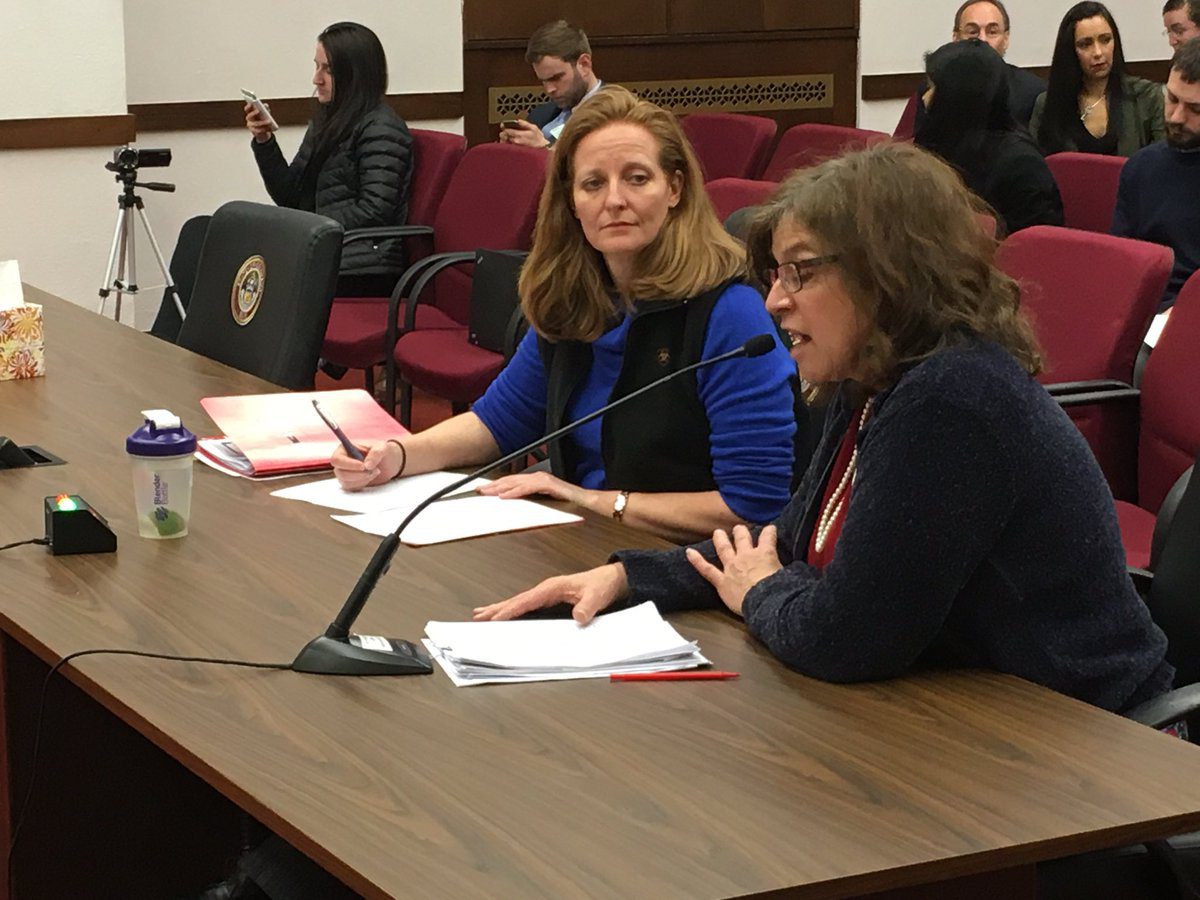Charles Brennan provided testimony in support of House Bill 24-1129, Protections for Delivery Network Company Drivers. CCLP is in support of HB24-1129.
Recent articles
CCLP testifies in support of TANF grant rule change
CCLP's Emeritus Advisor, Chaer Robert, provided written testimony in support of the CDHS rule on the COLA increase for TANF recipients. If the rule is adopted, the cost of living increase would go into effect on July 1, 2024.
CCLP testifies in support of updating protections for mobile home park residents
Charles Brennan provided testimony in support of House Bill 24-1294, Mobile Homes in Mobile Home Parks. CCLP is in support of HB24-1294.
CCLP’s legislative watch for April 5, 2024
For the 2024 legislative session, CCLP is keeping its eye on bills focused on expanding access to justice, removing administrative burden, preserving affordable communities, advocating for progressive tax and wage policies, and reducing health care costs.
Let’s guarantee paid sick leave for every worker

Though it’s an inconvenient truth for working Coloradans and Colorado businesses, sooner or later, all of us will get sick or be injured. Most of us will need to respond to a loved one’s medical emergency at some point. In fact, nearly one in five adults is a caregiver to an elderly family member or friend.
Of course, young children are among the most susceptible to illness. Yet, in two-thirds of households with children both parent works creating a challenge when there is an earache or fever or sore throat. Unfortunately, not everyone can attend to the needs of their kids or loved ones without jeopardizing their pay or their job.
Among private-sector workers, 61 percent have access to paid sick days. But that statistic hides great disparity. While 84 percent of the top quartile of wage earners get paid sick days, only 30 percent of wage earners in the bottom quartile do. Those who can least afford to go without a day’s pay are the very workers who go without pay when they or a loved one are sick or injured.
Senate Bill 114, sponsored by Sen. Morgan Carroll, D-Aurora, attempted to provide some refuge for many working Coloradans whose don’t have access to paid sick time – providing greater peace of mind that workers can take care of themselves or their loved ones when absolutely necessary without taking a hit in their paychecks or losing their jobs. The bill would have required that for every 30 hours worked, an employee earns one hour of sick leave. Employers with 10 or more people can cap sick leave at 72 hours per year. Keeping in mind the more finite resources of small businesses, employers with fewer than 10 people would have been allowed to cap paid sick leave at 40 hours per year.
Paid sick leave is an essential cornerstone to family economic security, health and stable employment. Since people and their family members inevitably get sick, lack of earned sick time threatens family economic security. In a national survey of low-wage workers by OxFam America, one in seven low-wage workers reported losing a job in the past four years because they were sick or needed to care for a family member. Low-wage working moms suffer from the financial fallout of illness or caregiving even more often. One in five had lost a job due to illness or injury or providing care for another.
Unfortunately, while this reasonable bill could have helped many low-income Coloradans it died in the Senate State, Veterans and Military Affairs Committee on a 3-2 vote on Monday.
A 2011 study of a law similar to SB 114 in San Francisco found that workers used an average of only three paid sick days a year. SB 114 would have established a balance between the human needs of employees and the reasonable expectations of employers for dependability. From a practical standpoint, it is difficult to understand why all Colorado businesses don’t provide at least limited paid sick time despite the added expense (though most already do). Employees who come to work sick are considerably less productive and pose a risk of infecting other workers and even customers – potentially affecting the bottom line. Not to mention, essentially forcing workers to choose between employment and their health or their families’ health couldn’t possibly be good for employee morale.
Sooner or later, paid sick leave will have to be addressed. Until then, too many Coloradans will continue to struggle with the difficult dilemma of being a “good employee” and protecting their paycheck vs. taking care of themselves and their families.
-Chaer Robert





